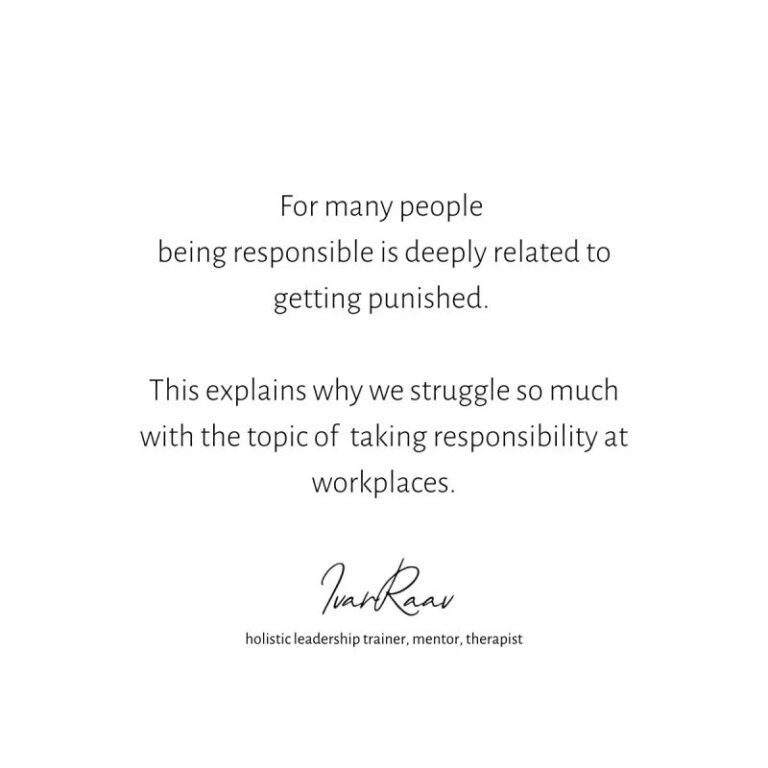Do you remember the school days when a grade of 5 started dropping to 4, then 3, and so on? Mistakes decreased the final grade. There wasn’t a systemized chance to get a grade of 6 and more or an exam result of 100 instead of 120, which would have resulted in some sort of new growth opportunities what would be valuable for the student.
Mostly, the principle was succinctly summed up as follows – things could only go worse if you made mistakes. We’ve all grown up with such an assessment system, and today we deal with its consequences in organizations. It’s nice to see that today there are other logics in schools, but it doesn’t affect those of us who are already in the workforce much.
Surely you also remember phrases from school days like: “The teacher didn’t explain well, that’s why I don’t understand!” or “I can’t understand with this teacher!”, “I was not guilty…” etc.
Surely, while at work today, you’ve heard phrases like, “The communication wasn’t clear enough, that’s why I couldn’t do it.”, “Top management don’t understand what we actually need.” etc., similar phrases that nicely describe the reluctance or readiness not to take responsibility. Using those pharses even encourage those around us to evade responsibility.
When leaders expect and want people to take responsibility, it should be noted that behind the refusal to take responsibility is often an underlying belief that taking responsibility will bring punishment.
We know that in reality, responsibility can be a powerful opportunity for personal and professional growth. If leaders want their teams to take responsibility themselves, it is important to understand that responsibility should not mean punishment, public attention (what most of people are afraid of), but rather an opportunity to learn and grow.
A trusting environment for neutral analysis of mistakes is a key factor. However, if, as a leader, you feel even a hint of resentment due to an employee’s mistake, the employee will sense it.
So, first and foremost, leaders need to deal with the deeper meanings of responsibility within themselves and let go of assumptions that people will perform at maximum level (… or the level you would do it yourself).
Letting go of this belief is an important aspect of self-development for leaders – letting go of their deeper beliefs regarding responsibility. Deeper beliefs are not just about thinking and saying that making mistakes is welcome, but also deeply understanding whether there is any unexplainable internal reaction due to making mistakes.
If there is, then the beautiful words about an organization culture that learns from mistakes won’t materialize in practice, but people don’t want to make mistakes, get bad verbal or non-verbal feedback from authority and to avoid it just in case they rather not take responsibility.

